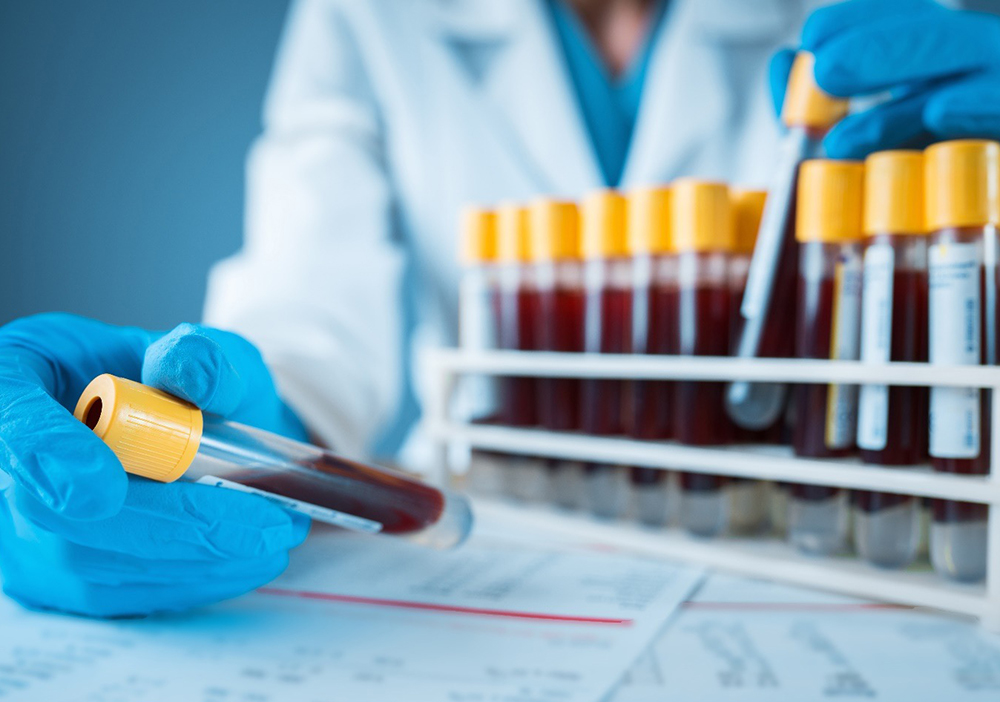My passion for biomarkers lies in research, specifically clinical trials. The incorporation of biomarkers in oncology clinical trials has been an important advancement in research, and we’ve seen the effect on improving patient outcomes. Identification of pathogenic variants is essential to prescribing personalized therapy for patients with cancer.

Although the rewards are worth it, my research shows that biomarkers also present challenges for nurses and patients. Patient barriers include lack of access to an institution versed in ordering molecular tests, insurance coverage and reimbursement, or simply confusion about testing results. As molecular technology continually evolves and new biomarker-based companies emerge almost daily, companies report molecular assays in a variety of formats.
Because of continuous advancements, nursing research reports that provider knowledge gaps remain prevalent. Although the use of genomic testing has increased and become somewhat routine in conversation, it remains an ever-changing landscape. Nurse scientists identified a critical need to incorporate genetics and genomics curricula into schools of nursing.
A new role of molecular nurses may be emerging. As an oncology nursing subspecialty, molecular nurses specialize in genetic variants, molecular testing, and targeted therapies and educating other nurses and patients about molecular testing.
As we wait for such a role in clinical practice, my research shows that we must focus on increasing biomarker awareness among oncology nurses. Nurses must recognize that most patients will have biomarker testing and understand the testing process and reports so they are prepared to review results with patients, answer their questions, and educate them about the implications. Teaching nurses what information to focus on regardless of the report layout is incredibly important. Nurses are in a unique position with patients and can communicate with them on a different level than other providers, easing their anxiety about testing by answering questions and providing information regarding tests, treatments, and possible side effects.
In my research program, I’ve been a part of creating educational tools and resources, like the ONS Next-Generation Sequencing Sample Report and the Biomarker Testing for Genomic Variants: What to Know From the Laboratory Performing the Test, to help nurses understand clinical biomarkers and how to integrate that knowledge into practice. And as associate editor for the Clinical Journal of Oncology Nursing’s Evolving Foundations department, I have helped nurse writers publish peer education about molecular testing, predictive and diagnostic biomarkers, targeted therapies, and personalized medicine to keep oncology nurse colleagues up to date.
For oncology nurses who want more information on biomarkers, I recommend the National Comprehensive Cancer Network Biomarkers Compendium. ONS also has multiple useful resources for nurses, such as the Oncology Nurse’s Role in Somatic Biomarker Testing and Somatic Biomarker Test Report Checklist.
Ongoing nurse education and updates will bridge the gap between practice and rapidly changing evidence on biomarkers and new targeted therapies. To provide the best care for our patients, we need to understand terminology and remain current on the advancements, assays, and treatment options surrounding biomarker and molecular testing.






